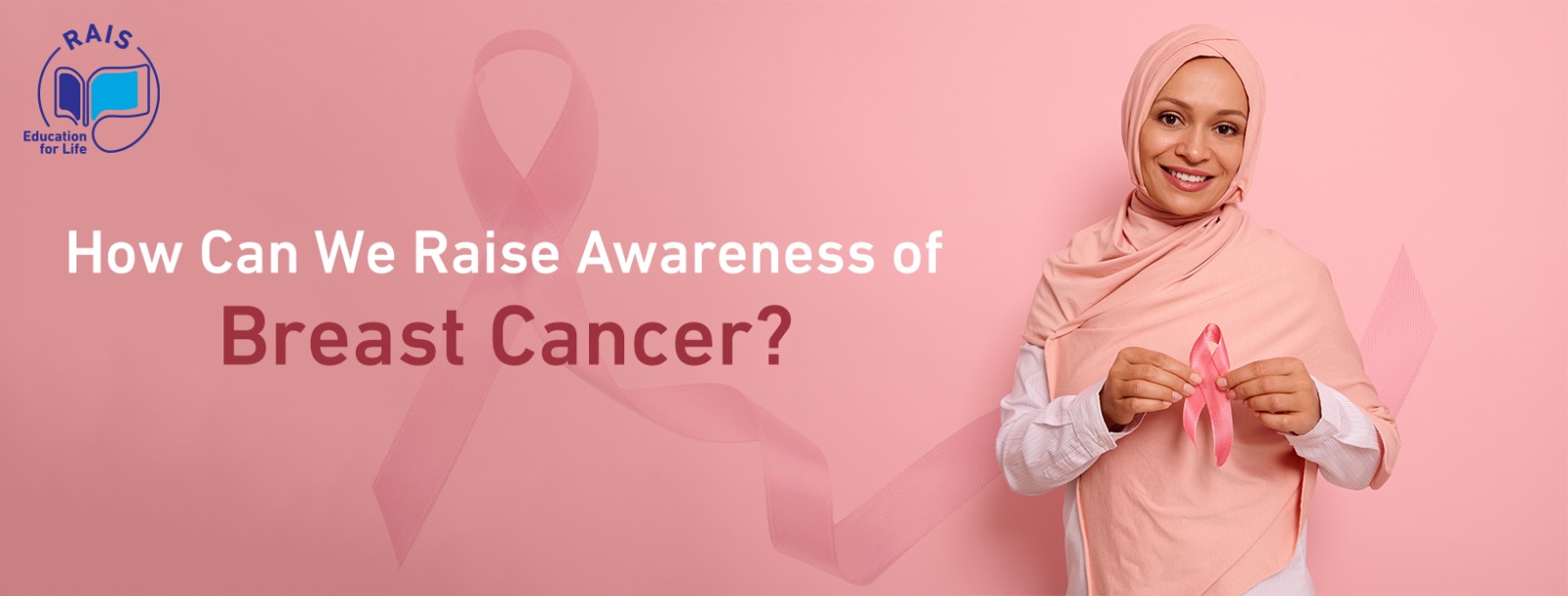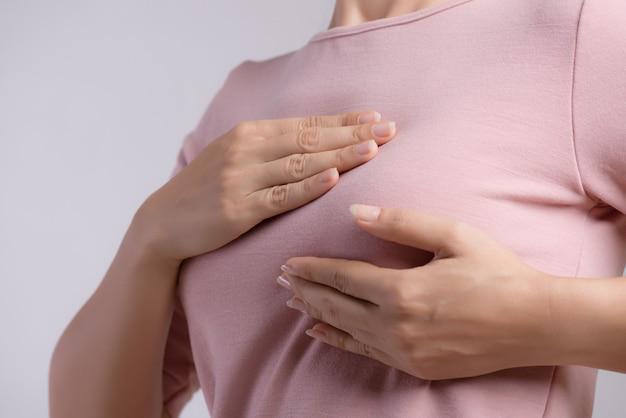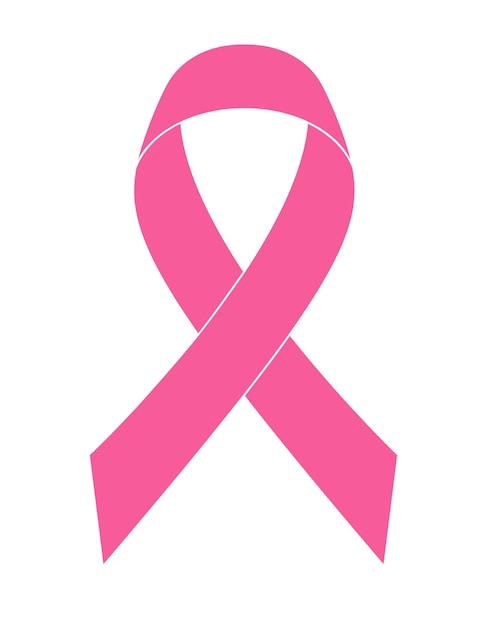
Breast cancer is a complicated health challenge facing women around the world. Given the importance of early detection and Prevention, educating mothers about breast cancer is a vital tool to maintain their health and reduce the risk of infection.
This article aims to shed light on the definition of breast cancer and its symptoms, and provide comprehensive information on how to avoid it and achieve strong health.
Definition of breast cancer
Breast cancer is an abnormal growth of breast cells out of control. A breast tumor can form that is painless or cause changes in breast shape or size.
And tumors, if left untreated, can spread throughout the body and become fatal. Cancer develops through various stages, requires early diagnosis and immediate treatment to increase the chances of recovery.
Breast cancer cells start inside the milk ducts or milk-producing lobules in the breast.

Symptoms of breast cancer
Among the common symptoms of breast cancer are،
- A noticeable lump or tumor in the breast or in the lymphatic discs under the armpit.
- Changes in the size or shape of the breast.
- The skin has turned orange, cracks or sores appear on the skin.
- Unusual discharge from the nipple.
Breast cancer can also spread to other places in the body and leads to other symptoms. And often the most common spot of the spread is the lymph nodes under the arm.
Therefore, any of these signs should be carefully examined and consulted with a doctor.
Methods of prevention
- Early detection: early detection includes regular breast examination to identify any changes in the breast, clinical detection by doctors, and imaging examinations such as mammography.
- Healthy nutrition: eat foods rich in vitamins, minerals and fiber, stay away from processed foods and saturated fats, maintain a healthy weight.
- Physical activity: regular exercise, such as walking or cycling, maintaining an active lifestyle.
- Stay away from smoking and reduce the body’s exposure to harmful toxins.
Periodic examination and early diagnosis
Regular breast examinations and consultation with specialist doctors are recommended in case of suspected symptoms. Laboratory analyzes such as mammography, X-rays, magnetic resonance imaging can help in early diagnosis and determine the presence of cancer.
Treatment
According to the World Health Organization, breast cancer treatment depends on the subtype of cancer and the extent to which it has spread beyond the breast to the lymph nodes (Stage II or III) or to other parts of the body (stage IV). Such treatments include the following:
- Surgery: this operation involves removing the tumor and surrounding tissue or removing the entire breast. The lymph nodes surrounding the breast may also be removed.
- Radiation therapy: radiation therapy is used after surgery to destroy the remaining cancer cells and prevent the disease from returning. High-energy rays are directed towards the affected area and surrounding tissues.
- Chemotherapy: chemotherapy is used to eliminate cancer cells in the body using anti-cancer drugs.
These drugs are given orally or intravenously, and may be used before surgery to reduce the size of the tumor or after surgery to eliminate the remaining cells.
- Hormone therapy: breast cancer may be hormone-positive, which means it responds to female hormones such as estrogen.
In this case, hormone therapy (in the form of drugs) is used to reduce the production of hormones or prevent their effect on cancer cells.
Each individual case should be evaluated and the appropriate treatment plan should be determined according to the patient’s conditions and the stage of the disease.
Treatment may require multiple combinations of the above methods, and treatment may take a long period that includes multiple surgeries and treatment sessions.
Psycho-emotional support
Diagnosing and treating breast cancer can be a difficult experience for women and mothers. Therefore, psycho-emotional support should be provided to the affected mothers and their families.
Local support communities, NGOs and psychological counselors can be turned to for help and participate in therapeutic sessions.
Heredity and risk factors
Mothers should be aware of family history and genetic factors associated with breast cancer.
If there is a family history of the disease, additional genetic examinations and specialist consultation may be required to assess the risks and take appropriate preventive measures.
The importance of educating mothers about breast cancer
Maternal awareness of breast cancer is an important part of public efforts to combat the disease and protect women’s health. Mothers are the mainstay in the family and society, and awareness plays a crucial role in stimulating health care.
By mentoring mothers and providing them with the necessary information about breast cancer, early detection can be promoted and better results achieved in treatment.

- Education and awareness: comprehensive and reliable educational resources should be provided about breast cancer and the importance of early detection and Prevention.
Publications and leaflets can be distributed in health centers, schools and communities.
- Awareness Campaigns: public service announcement and awareness campaigns can be organized in various media, including television, radio and social media.
To spread awareness and promote the importance of early detection.
- Awareness events: awareness events such as seminars, lectures and workshops on breast cancer and early detection can be organized and integrated into local health events.
The role of family and society
The family and society should have an important role in educating mothers about breast cancer. The family can support mothers by encouraging them to have regular check-ups and early detection, and providing a healthy and supportive environment.
In addition, the community can organize awareness-raising events, provide assistance and support to women with breast cancer and their families.
Educating mothers about breast cancer is vital to maintaining their health and achieving early detection and Prevention.
By providing the right information, encouraging healthy practices and early detection, mothers can be leaders in their own health and the lives of their families.
So, let’s work together to raise awareness of breast cancer and provide sustainable support to mothers, because their health is important to all of us.
Sources:
